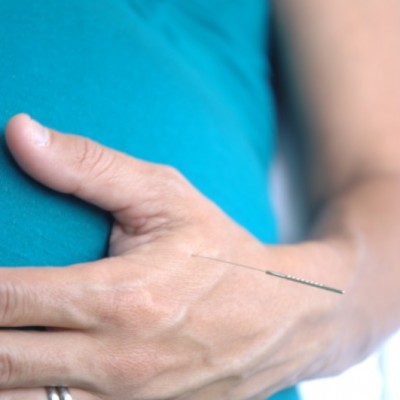
Ashley Gordon, FGHG Acupuncturist takes us through the basics of acupuncture during pregnancy and explains why it’s such a good idea.
Is it your first pregnancy? Maybe your second or third? Whichever is the case, when you are looking for pregnancy advice, if you Google it you will be inundated with pages of links and information overload. If you don’t have time to navigate the extensive library of information, here is a short spiel on pregnancy acupuncture, the best bits, to save you some time!
I’ve had many questions asked of me about acupuncture, but undoubtedly the most common is “Does it hurt?” and specifically for pregnancy acupuncture, “Is it safe?” The answer to the second question is YES, it is safe! The first question, is a bit more troublesome as it is based on an individual’s pain tolerance, which is subjective, but in general acupuncture doesn’t hurt. Sure, we are puncturing the skin with a needle, so there has to be an initial prick, but there should be no unwanted sensations after that. Some patients even fall asleep, or use the time to meditate while the needles are doing all the hard work for you!
The next most common question is “Is pregnancy acupuncture beneficial?” During the first trimester, it’s very commonly used to treat and alleviate symptoms such as nausea, heartburn and fatigue. Acupuncture aims to maintain health and restore balance within the energy flow of the body – this is crucial due to the multitude of amazing changes that occur during pregnancy. Not only do we need to give the body some credit for the incredible task it has ahead of it, but also give you as much assistance as we can to help the pregnancy move forward with ease and grace.
Equally as important as the first trimester is the third trimester. This time can be used to prepare the body for labour. This is all about blood flow, ensuring the body is well nourished and all of the key organs active in labour are supported and regulated – this is what is called birth preparation acupuncture.
But why is birth preparation acupuncture important, you ask?
Think of it as training. Would you front up to a marathon without any training? Probably not. The #1 reason for birth preparation treatments is to promote a smooth labour. Birth preparation acupuncture consists of a series of weekly treatments from 34-36 weeks onwards and can help to prepare the body for labour. Due to this preparation, your body will not be a stranger to acupuncture if used for labour promotion and will be more receptive to it’s effects. When the time arrives to assist in helping your baby engage, increase cervical ripening and dilation or strengthen contractions, acupuncture is here to help.
Here at Fertile Ground, not only do we have skilled acupuncturists, but we also have Naturopaths, massage therapists and Osteopaths to further assist you and your body throughout the incredible journey of pregnancy. It’s the wholistic approach that we love the most here at Fertile Ground and it would be our pleasure to help you on your way…

Ashley is an experienced acupuncturist and Chinese herbalist who is passionate about utilising the innate healing qualities of the body in achieving the desired outcomes, be that in fertility, pregnancy or general health. He has developed a strong focus and passion for pregnancy, birth preparation and pre conception care, and is motivated by being apart of each individual journey and the emotional and physical changes of these experiences.


